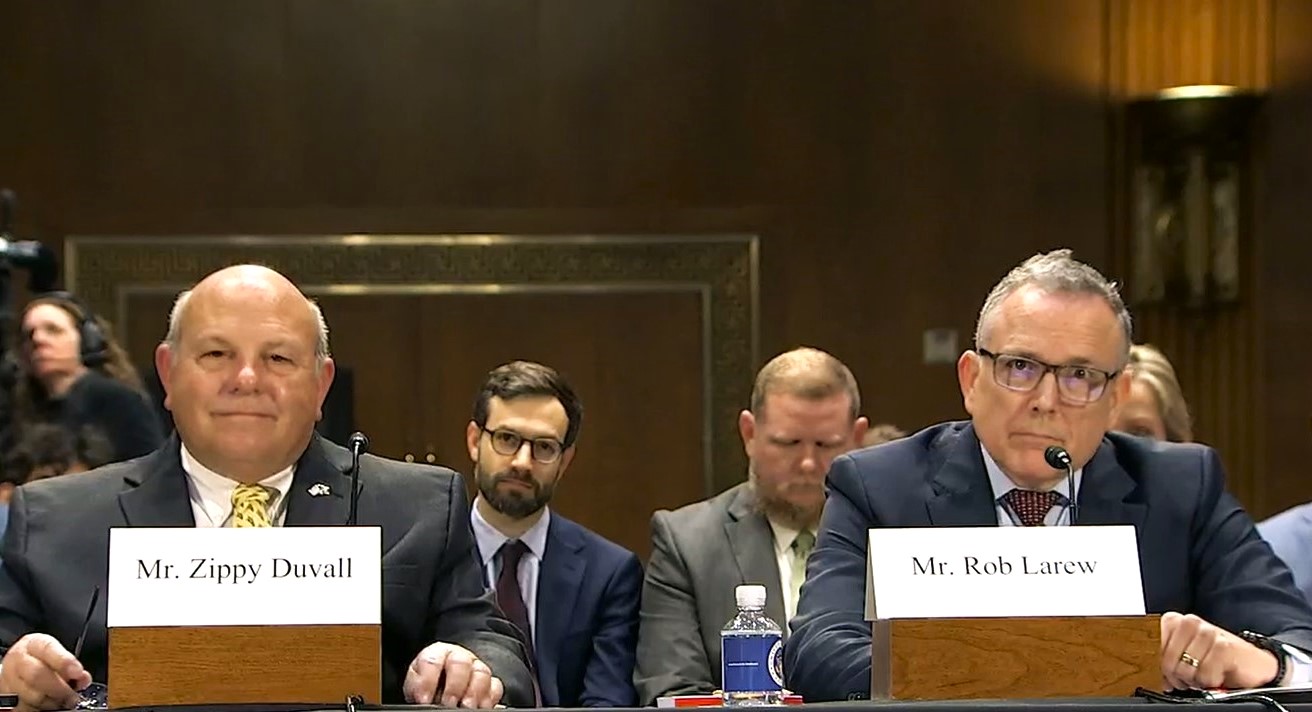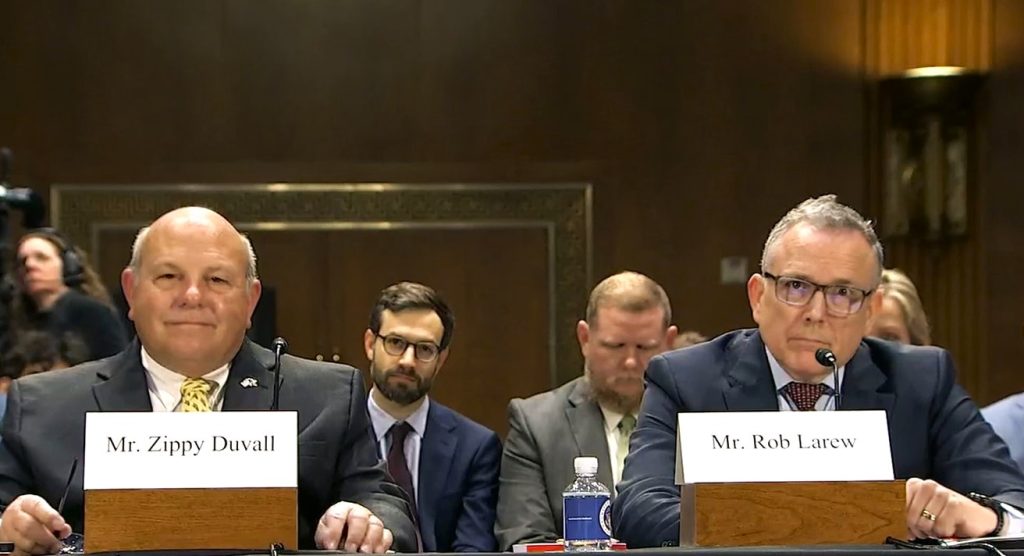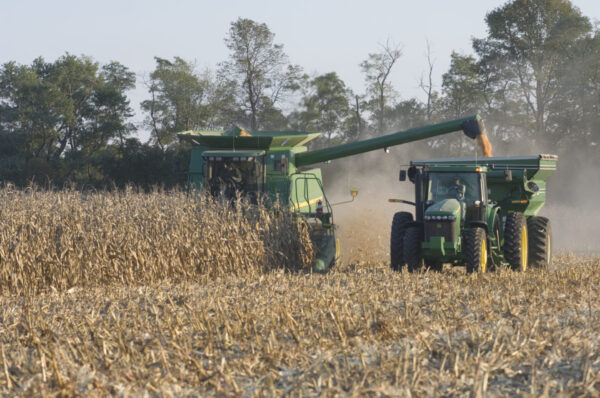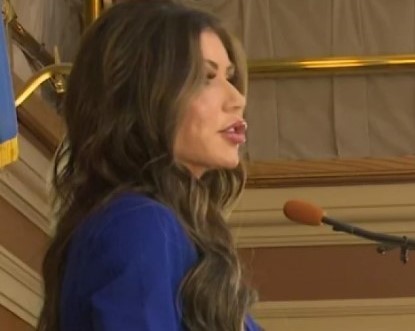WASHINGTON, D.C. – Farm and and other commodity groups over the weekend made it clear to members of Congress they should vote against a year-end funding bill this week if it doesn’t include economic aid for farmers and ranchers.
Time is running out on Congress as they face a government shutdown if they do not pass a funding bill by Dec. 21. Lawmakers need to include in that bill a one-year extension of the farm bill and a disaster aid package that deals with a range of natural disasters. Members of Congress are also pressing for funds to support farmers who have faced economic losses due to low crop prices.
Congressional leaders had planned to roll out their year-end package over the weekend, but negotiations broke down Friday, Dec. 13, 2024. Democrats had proposed a $10.7 billion aid package that also would roll as much as $14 billion from the Inflation Reduction Act (IRA) into the farm bill’s baseline. House Speaker Mike Johnson, R-La., rejected that plan, and proposed $12 billion in economic aid to go along with $16 billion in aid for natural disasters.
After learning there was no deal on an economic package, farm and other commodity groups on Saturday began calling for Congress to reject any funding deal that doesn’t include aid.
“Our country will suffer the consequences if Congress takes farmers and our food supply for granted,” said Zippy Duvall, president of the American Farm Bureau Federation, on social platform X. “I call on members of Congress who represent ag to stand with farmers by insisting the supplemental spending bill include economic aid for farmers and voting it down if it doesn’t.”
General farm and groups and a range of commodity organizations representing producers weighed in. Groups cited price declines of 40% for their commodities and losses of $300 an acre in the case of cotton.
On Sunday, the Farm Credit System sent a letter to the four top leaders in Congress calling for “meaningful assistance” in the year-end budget bill, citing both natural disasters and “a severe downturn in the agricultural economy.”
“As the nation’s largest agricultural lender, Farm Credit sees our customers facing increasingly difficult economic circumstances,” the Farm Credit letter stated. “Low prices for ag products, coupled with high input costs are creating severe losses for many producers. For some, 2024 is the second or third consecutive year of loss, and producers’ working capital has dried up.”
Ted McKinney, CEO of the National Association of State Departments of Agriculture, also cited the “powerful headwinds” facing farmers, “ranging from extreme weather to uncertain global demand to supply chain disruptions.”
Rob Larew, president of the National Farmers Union, noted Congress is running out of time.
“Lawmakers must not walk away from their responsibility to rural America,” Larew said. “Congress has already failed to finalize a five-year farm bill. I urge Farmers Union members to tell their elected representatives to not come home until they have delivered immediate support for family farmers and ranchers.”
Chandler Goule, CEO of the National Association of Wheat Growers (NAWG), said the wheat growers also oppose any continued resolution that does not include economic assistance for farmers.
“Wheat growers have seen their prices drop by over 36% since the 2022-23 marketing year and need the certainty an economic assistance package can provide before the end of the year. Period,” Goule said. “Congress has already failed to pass a robust farm bill, and the lack of leadership in reaching an agreement will continue to hurt farmers who feed America and the world.”












